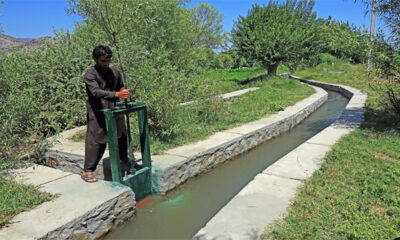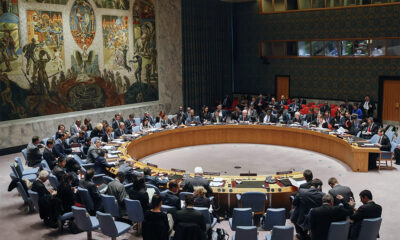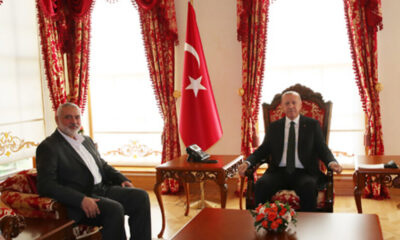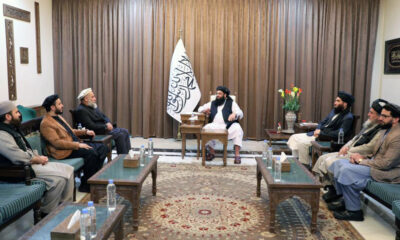Latest News
Ghani appoints critics to avoid interim govt: politicians
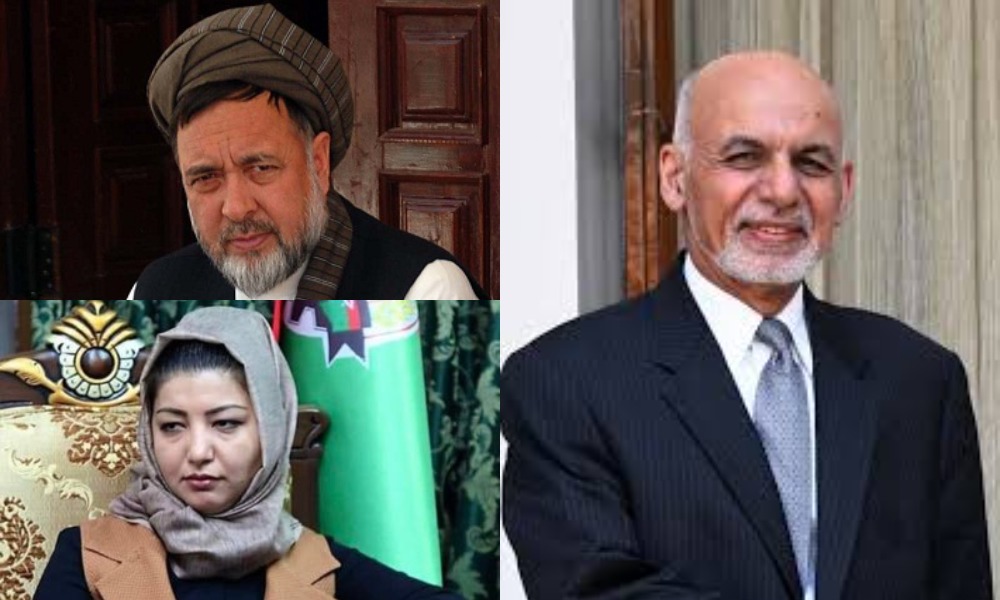
Some Afghan politicians said on Sunday that President Ashraf Ghani has cultivated new friendships with some of his critics in order to avoid an interim government and to stay in power.
This comes after Ghani appointed Mohammad Mohaqiq, head of the Wahdat-i-Islami Party, as his senior political and military adviser and introduced Rahila Dostum as a member of the Wolesi Jirga (Upper House of Parliament).
Mohaqiq’s appointment comes after a reported “cold shoulder” in the past after not having been invited to the Presidential Palace for any meetings.
“All political parties think that an interim government should be established. If Ghani thinks that he will be in power for four year it may be a reason for the appointments,” said Sattar Murad, a leading member of Jamayat-e-Islami party.
Sources close to Mohaqiq said that the move to appoint him was based on his abilities and role in the peace process.
“Well-known figures in the current situation, Afghanistan needs unity in this time. I think it is the root of the issue,” said Zahir Wahdat, deputy head of the Wahdat-i-Islami Party.
This comes after some Afghan politicians called this week for the establishment of an interim government for the sake of the peace process.
However some politicians have said government and the Taliban should agree to keep the structure but change the leadership.
“Both sides should agree to a government with no changes in the current government system,” said politician Wahidullah Sabawoon.
Rahmatulluh Nabil, former head of the National Directorate of Security (NDS), is one public figure to call for an interim government but said the government structure should remain the same.
The Presidential Palace has not commented about the recent appointments but on Saturday vowed to retain Afghanistan as a republic and only hand over power to an elected successor.
Latest News
UN builds 470km of water canals in Afghanistan in past year
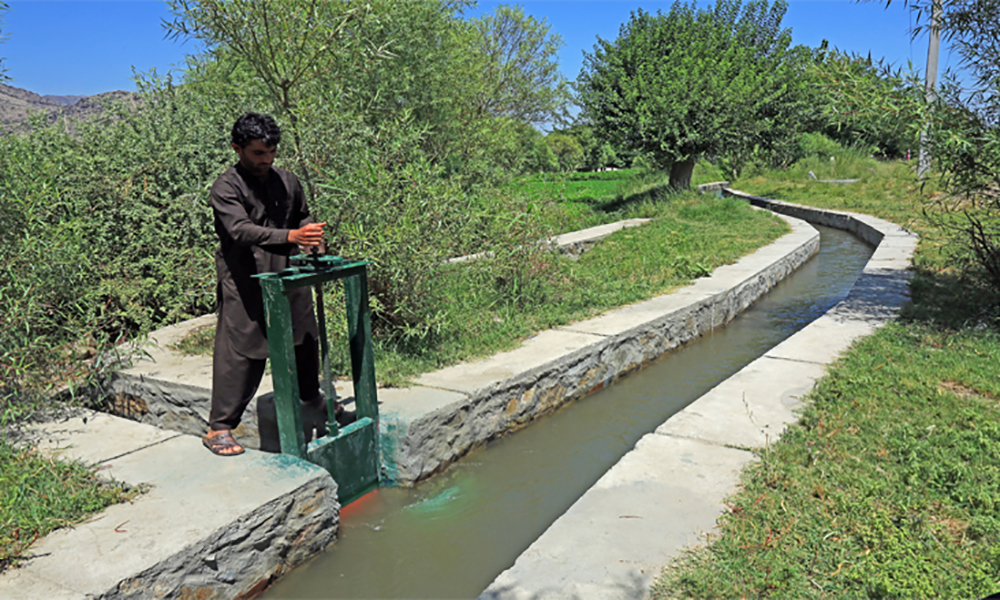
The United Nations has built 470 kilometers of much needed water canals in Afghanistan in the past year in cooperation with local communities, the World Food Program (WFP) confirmed.
WFP in Afghanistan said in a post on X, formerly Twitter, on Wednesday that the canals were built in order to provide access to water to more people across the country.
The agency said the people “in Afghanistan cannot continue their lives without access to water,” adding that the canals help farmers irrigate crops, which allows them to feed their families and sell surplus produce.
This comes after years of drought across the country. However, in the past few months, good rain has been recorded which will hopefully result in good harvests this year.
Latest News
More needs to be done to boost local industry, says Kabir
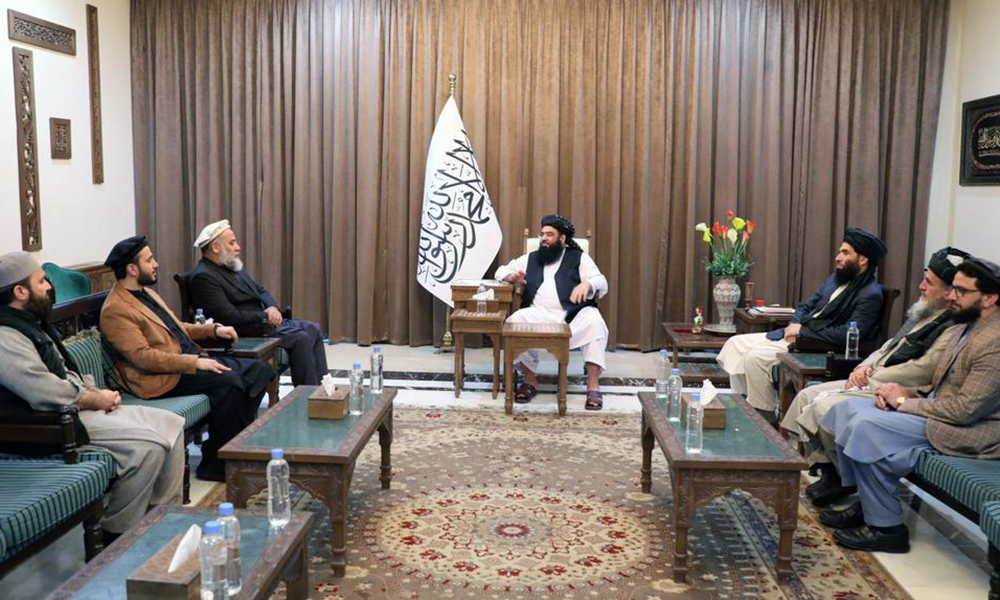
The deputy prime minister for policy, Mawlavi Abdul Kabir, met with Nooruddin Azizi, Acting Minister of Commerce and Industry, at Sapidar Palace on Tuesday and discussed issues around the quality of domestic products and the need to grow and develop the industrial sector.
Azizi said that good trade relations with neighboring countries has resulted in stable prices of goods in the country.
He said the Ministry of Commerce and Industry works closely with the private sector. As a result, the private sector functions in a befitting manner and the Islamic Emirate has provided necessary facilities.
Azizi said that based on the Islamic Emirate’s good economic policies, there has been a significant development in the import/export sector in the country.
Kabir in turn voiced appreciation for efforts by the leadership of the Ministry of Commerce and Industry and said: “The unprecedented efforts of the IEA’s administrations and the stability of the Afghan currency caused the price of food ingredients to remain in the right state and our people also be able to buy essential materials.”
He emphasized the need to work for a balance in trade with neighboring countries, and said more efforts were needed to improve the quality of domestic products and to grow the sector.
Latest News
Russia and Tajikistan hold joint military drills along Afghanistan border

Russia and Tajikistan conducted a joint four-day military exercise along the border with Afghanistan in order to be prepared for any “potential threats”, Tajik media reported this week.
Russian military personnel from the 201st military base in Tajikistan participated in this exercise. Reports stated military personnel practiced various combat tactics, especially tactics to counter terrorist groups that illegally enter Tajikistan.
This comes amid repeated concerns expressed by Afghanistan’s neighbors about what they claim are terrorist threats originating from Afghanistan.
The Islamic Emirate has not yet commented on the drills but has repeatedly denied the presence of terrorist groups in the country. The IEA has also continuously said no militant group will be allowed to threaten another country from Afghanistan.
-

 Sport4 days ago
Sport4 days agoACL draw to be broadcast live on ATN channels
-
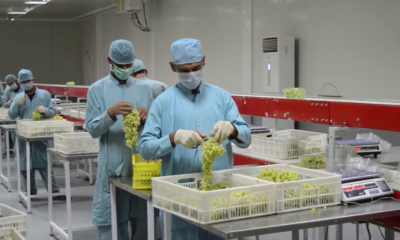
 Business5 days ago
Business5 days agoAfghanistan reaches self-sufficiency in production of 133 items: MoIC
-

 Regional4 days ago
Regional4 days agoIRGC chief warns of harsher response if Israel attacks Iran
-

 Health5 days ago
Health5 days agoMajority of Afghans with mental disorders are women: officials
-

 World5 days ago
World5 days agoOne killed, 10 injured in cable car accident in southern Turkey
-

 Regional4 days ago
Regional4 days agoIran launches retaliatory attack on Israel with hundreds of drones, missiles
-

 Sport3 days ago
Sport3 days agoACL fever grows as fixtures finalized
-
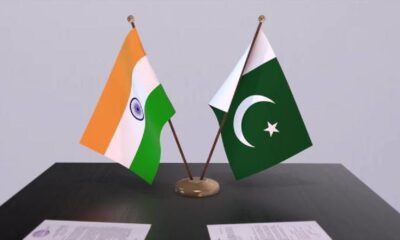
 Latest News4 days ago
Latest News4 days agoContact group on Afghanistan hits roadblock over Pakistan’s gripe with India


